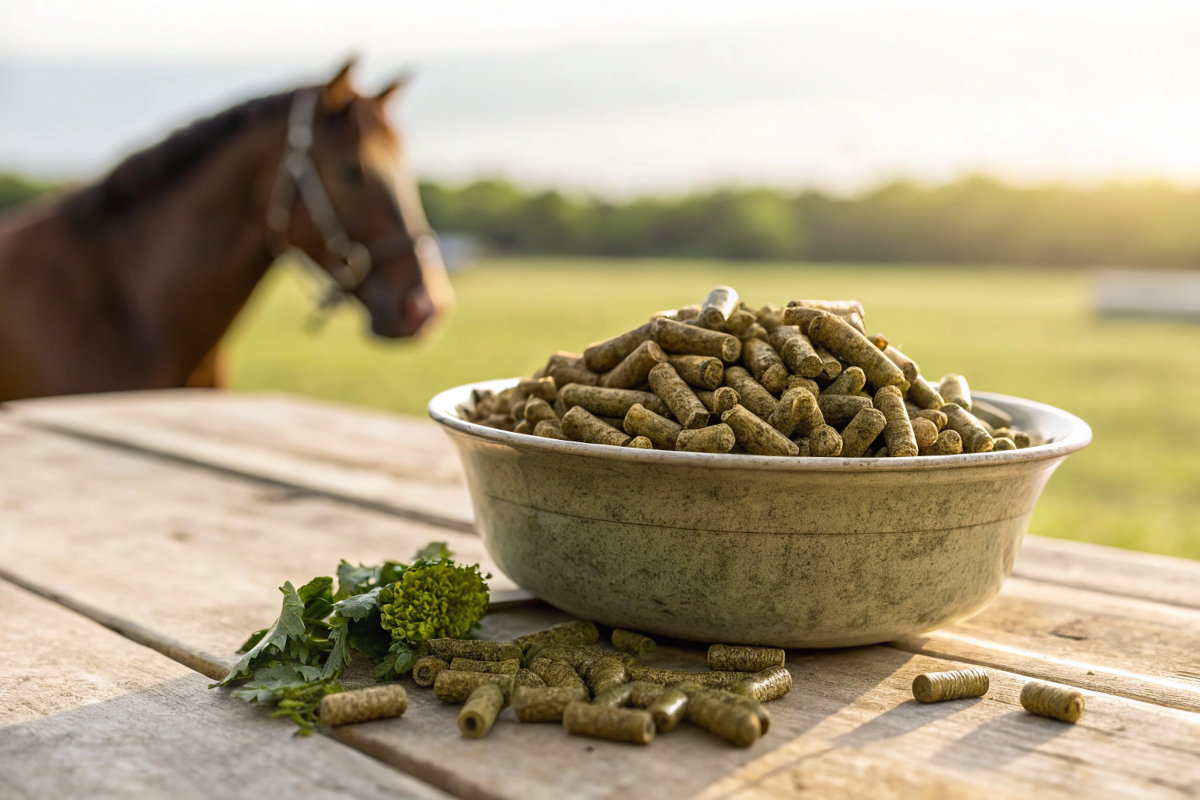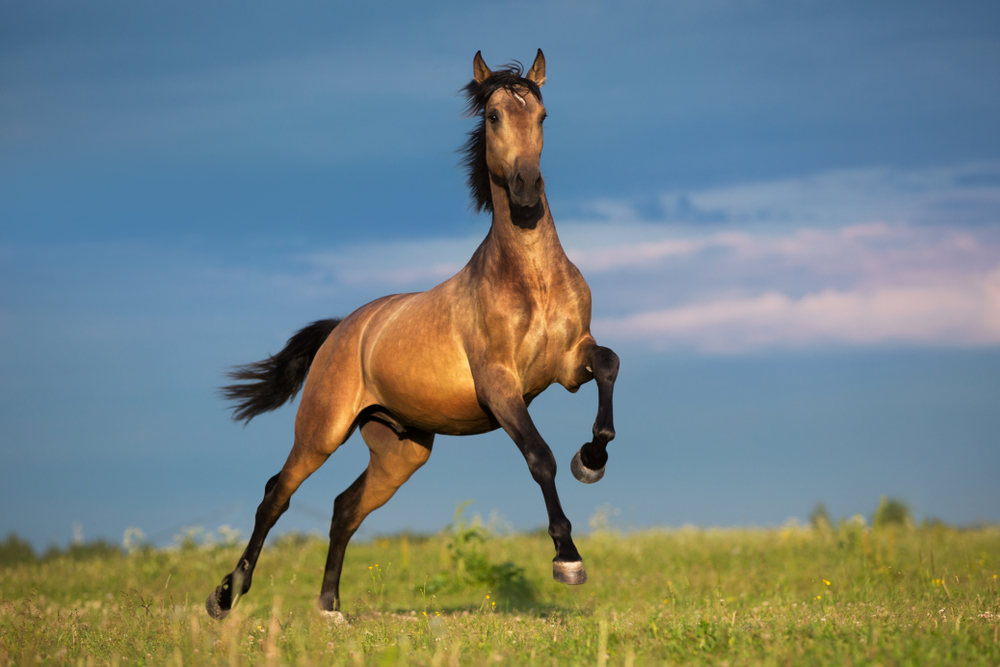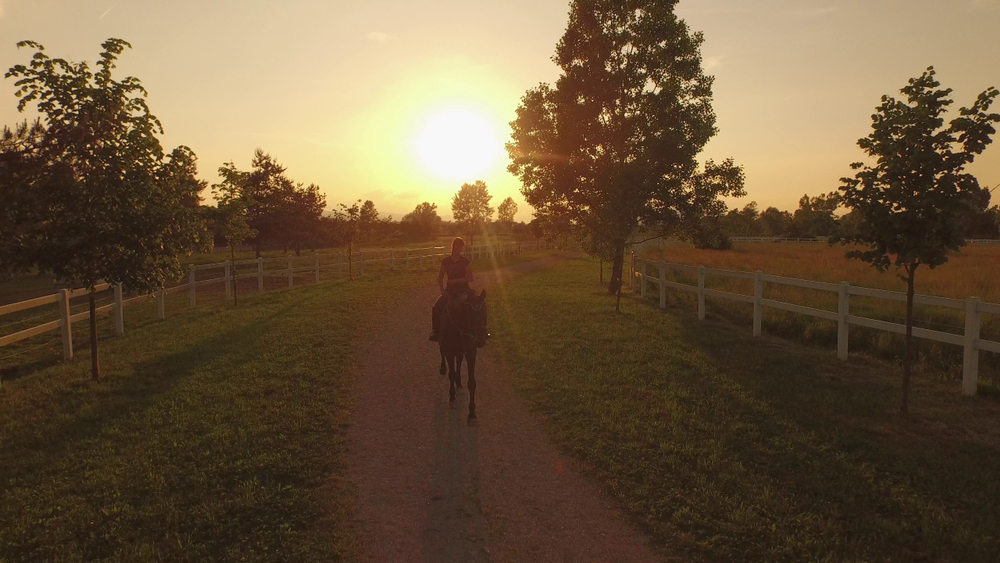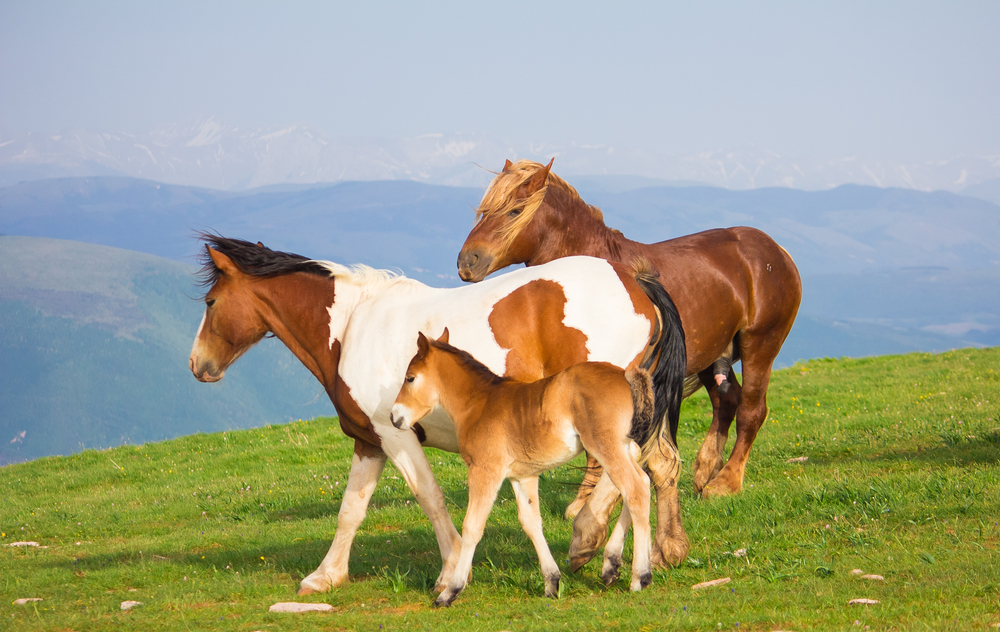Horse owners and equine professionals have long sought effective strategies for managing gastric ulcers, a prevalent condition in modern equine care. Among the many suggestions circulating in the community, one frequent topic of conversation is the use of alfalfa pellets for managing horse ulcers. But is this approach truly based on science, or simply a
READ MORECategory: Alfalfa Pellets
Alfalfa Products You Didn’t Know Your Horse Could Benefit From
When it comes to equine nutrition, one of the most overlooked yet highly beneficial components is alfalfa. Rich in protein, calcium, and digestible fiber, alfalfa is more than just another animal feed option—it’s a powerhouse forage for horses when chosen and administered correctly. While many horse owners are familiar with the typical uses of alfalfa
READ MOREForage for Horses: Why Variety Matters in Equine Nutrition
When it comes to equine health, nutrition is the cornerstone of overall well-being. Every horse owner, trainer, and breeder understands that maintaining peak condition in horses takes more than regular exercise and routine veterinary care. What often makes the real difference is what’s on the menu. Understanding Forage: The Core of Equine Diets Forage is
READ MOREWhat Is Dehydrated Alfalfa and Why Is It Gaining Popularity?
For centuries, horses and livestock have relied on alfalfa as a cornerstone of their diets. Known for its dense nutrient profile, palatability, and digestibility, alfalfa has been an agricultural staple. In recent years, one particular form of this time-tested plant has been making waves in the equine and livestock community: dehydrated alfalfa. With increasing awareness
READ MOREAlfalfa Horse Feed: Best Base for Your Equine’s Diet?
When it comes to crafting the ideal diet for your horse, the choices can feel overwhelming. From various forage types and grains to specialized supplements and feeding schedules, horse owners have plenty of decisions to make. Among the most talked-about components of equine nutrition is alfalfa horse feed. Highly regarded for its rich nutrient profile
READ MORE



